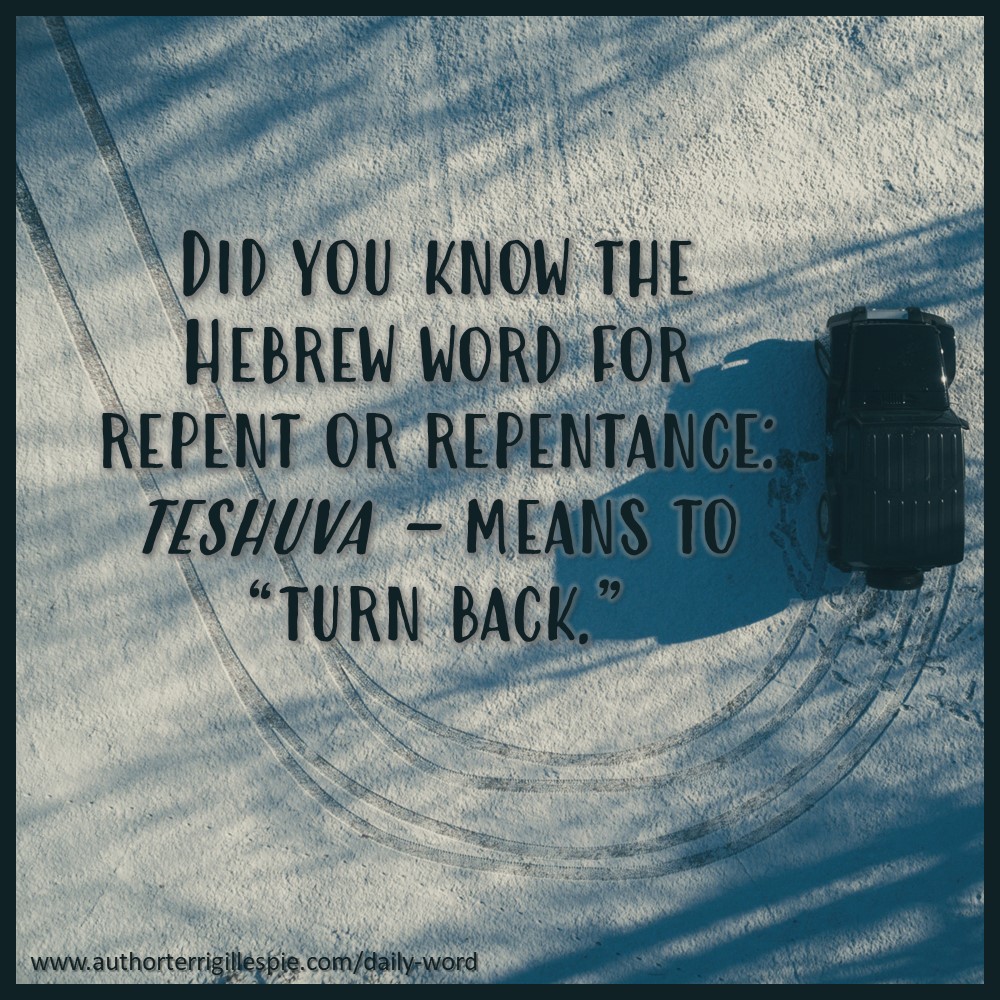“One who is faithful in the smallest matters is also faithful in much, and the one unjust in the smallest matters will likewise be unjust in much.” Luke 16:10, TLV
 Those Little Things Matter? This verse is so powerful. Essentially Jesus in invoking the “Golden Rule” — “Do to others as you would have them do to you.” (Luke 6:31) –and expands on it in the pericope.
Those Little Things Matter? This verse is so powerful. Essentially Jesus in invoking the “Golden Rule” — “Do to others as you would have them do to you.” (Luke 6:31) –and expands on it in the pericope.
“Now if you have not been trustworthy with what belongs to another, who will give you anything of your own?” (vs. 12, TLV)
You know what Yeshua is really saying here? We can’t hide anything — no behavior, thought, or attitude goes unnoticed. If we knowingly cut off another driver to get a parking spot, why would our Heavenly Father trust us with important matters of justice? Likewise, if we miss the trash receptacle at the local playground and don’t go back and dispose of it properly, why would He entrust us with property?
If we can’t be trustworthy to strangers because we think they’ll never see us again, then are we a trustworthy person?
The uncomfortable answer is, “no, we’re not truly trustworthy.” What about what we allow our eyes to see on television, the internet, magazines? And that’s not just pornography, but what about hateful words — words that incite anger, not peace?
“I made a covenant with my eyes
not to pay attention to a virgin.
For what is one’s lot from God above,
one’s heritage from Shaddai on high?
Is it not calamity for the unjust,
and disaster for workers of iniquity? (Job 31:1-3, TLV)
I don’t know about you, but I’m feeling convicted.
Jesus is calling us to be good stewards of not only our blessings, but to others. He’s calling us to be trustworthy and ethical and moral in all things — and this exhortation is especially important to leaders. An untrustworthy, unethical, and immoral act done by someone in leadership is even more serious because it has repercussions on those they lead. Leaders come in many positions: from heads of countries to heads of households. Most likely all of us fit into one or two of those categories.
 So, will we be perfect in learning and living this? Of course not. But we understand the clear boundaries. When we mess up — when we sin — we repent. Did you know the Hebrew word for repent or repentance: לחזור בתשובה — teshuva means to “turn back.” The Greek definition of repentance is “changing your mind.” The Hebrew, to me, is more powerful because repentance requires both a change of mind and physical direction. Essentially, it means we turn away and don’t do it again.
So, will we be perfect in learning and living this? Of course not. But we understand the clear boundaries. When we mess up — when we sin — we repent. Did you know the Hebrew word for repent or repentance: לחזור בתשובה — teshuva means to “turn back.” The Greek definition of repentance is “changing your mind.” The Hebrew, to me, is more powerful because repentance requires both a change of mind and physical direction. Essentially, it means we turn away and don’t do it again.
I digressed, sorry. But, when we repent we need to turn away from the act and go back into good standing with our Father. Once He forgives us, that’s exactly what happens. Then, we work more diligently to do what Yeshua commands. And little by little we gain ground against the enemy and the world around us is better.
See, little things do matter.




